detail profile ra c3 bal del valle
Peran Yang Di Mainkan Raúl del Valle
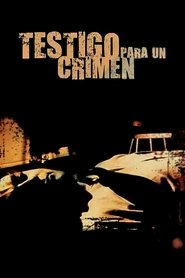 A wealthy man comes to Buenos...
A wealthy man comes to Buenos...Violated Love 1963
A wealthy man comes to Buenos Aires to avenge the death of his young brother. He starts a relation with a suggestive blonde singer from a nightclub run by a mafia boss. One of the musical numbers is made by Michelle, a well-known American transvestite and is the first appearance of a transvestite in an Argentine film, something daring for the time.
 The title of this story is...
The title of this story is...Alias Gardelito 1961
The title of this story is taken from the name of the great Argentine singer Carlos Gardel, the idol of the antihero Toribio portrayed by Alberto Argibay. Toribio's goal in life is to emulate the famous singer and making his own way successfully in the music business. Yet at the same time, he does not stop his illegal means of making ends meet, stealing and petty thievery. Discouraged when his big break never quite materializes, Toribio heads for disaster when he joins up with a large smuggling scheme.
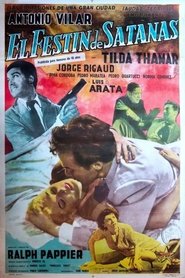 With his own money Pappier produced...
With his own money Pappier produced...El festín de Satanás 1958
With his own money, Pappier produced this ambitious adaptation of Manuel Gálvez's "Miércoles Santo", whose release was delayed for three years due to political reasons. When it finally came out, it bombed, but its formal originality was mentioned even in unfavorable reviews. Later, it became a cursed film, impossible to see due to lack of prints. To date, it remains lost in great part.
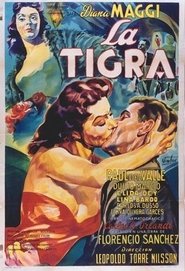 The film narrates the encounter between...
The film narrates the encounter between...La Tigra 1954
The film narrates the encounter between "La Tigra", a woman known by that nickname in the cafes of the port area for her character and her sharp claws, and Luis, a student of Fine Arts. There will be born a strong, passionate and necessarily brief relationship during which each of them will peek into the world of the other, until then unknown, unable to overcome the hostility of the same. Luis is unwilling or unable to leave his bourgeois stability and "La Tigra" is unable to leave an environment in which the malevo Olivera is the dominant figure.
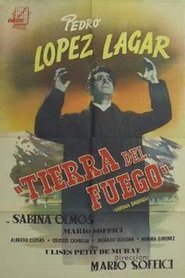 Several individual stories converge in the...
Several individual stories converge in the...Tierra del Fuego 1948
Several individual stories converge in the imposing setting of the southernmost tip of the continent, all of them involving a crisis of faith. Most of the important situations in the film are based on real episodes, such as the massacre of indigenous people perpetrated by the landowners in the area.

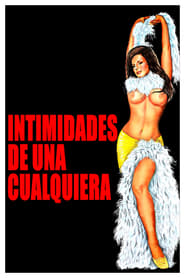 A woman from the country moves...
A woman from the country moves...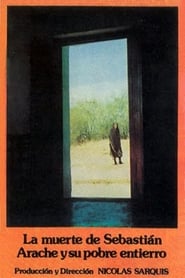 Directed by Nicols Sarqus
Directed by Nicols Sarqus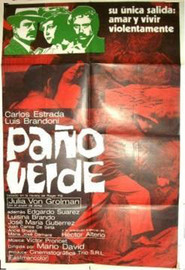 Set in Buenos Aires in the 1940...
Set in Buenos Aires in the 1940... When Alicia is left alone with...
When Alicia is left alone with...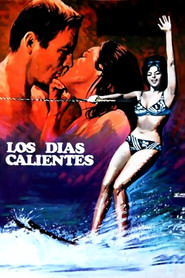 The story is about a woman...
The story is about a woman...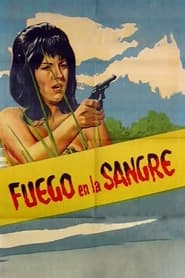 In a rural setting the chronicle...
In a rural setting the chronicle...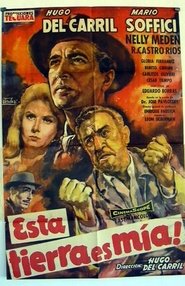 The life of the cotton workers...
The life of the cotton workers...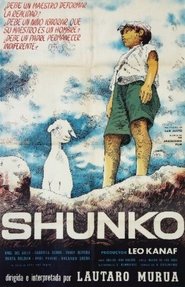 A teacher arrives to a small...
A teacher arrives to a small...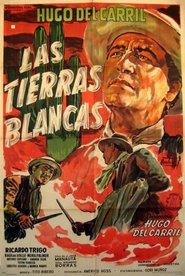 The miserable life of the inhabitants...
The miserable life of the inhabitants...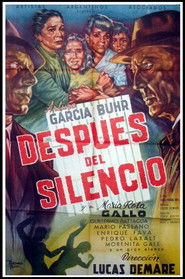 A doctor is persecuted after treating...
A doctor is persecuted after treating...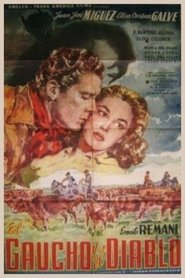 A rancher makes a pact with...
A rancher makes a pact with...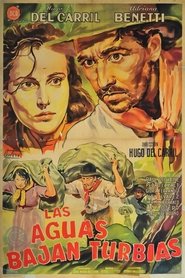 The Peralta brothers work in the...
The Peralta brothers work in the...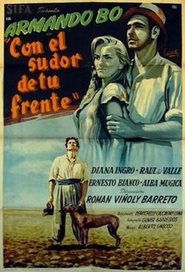 While a drought and debts overwhelm...
While a drought and debts overwhelm...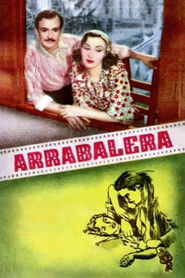 Disenfranchised workingclass woman leaves a bad...
Disenfranchised workingclass woman leaves a bad...